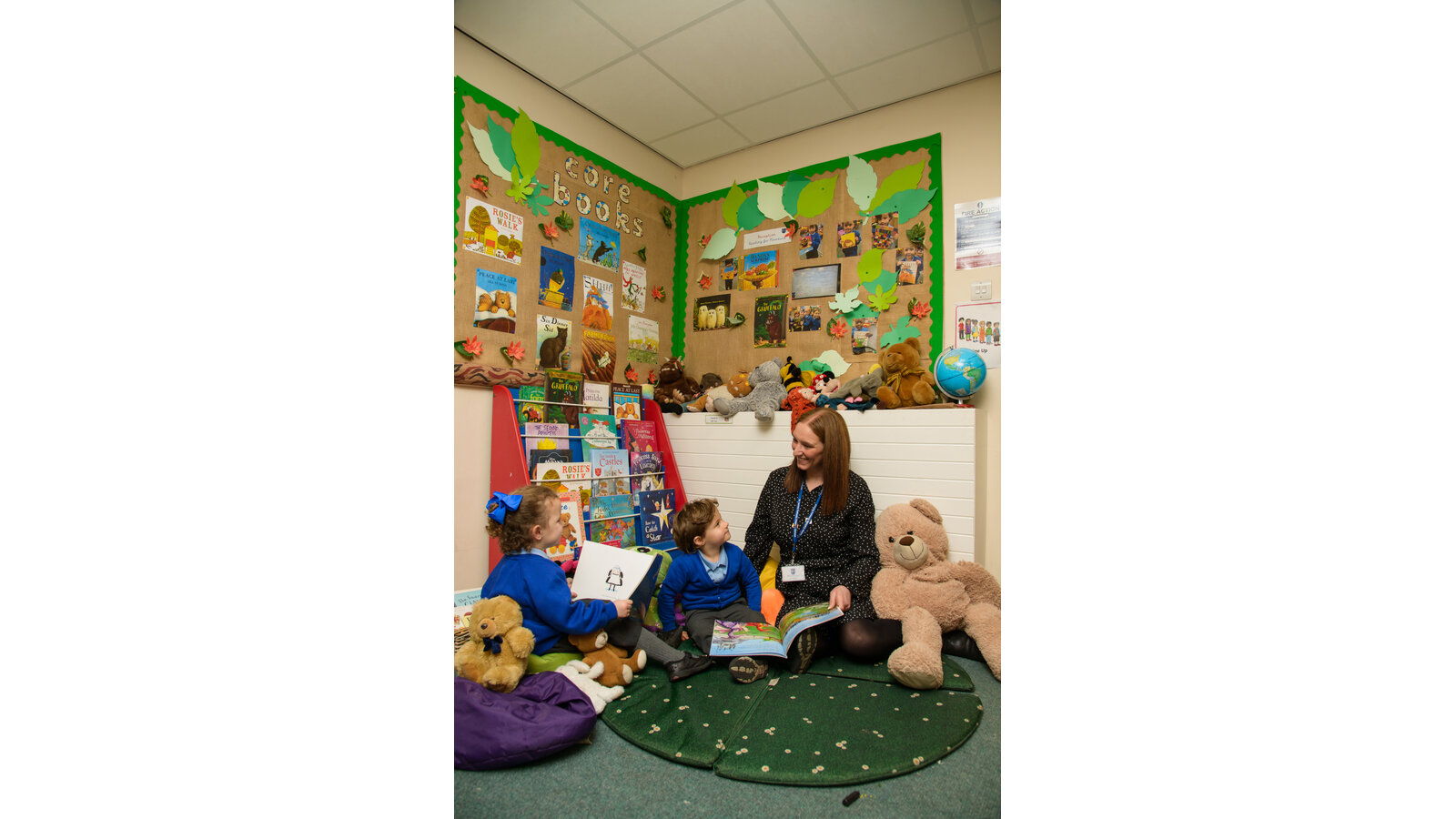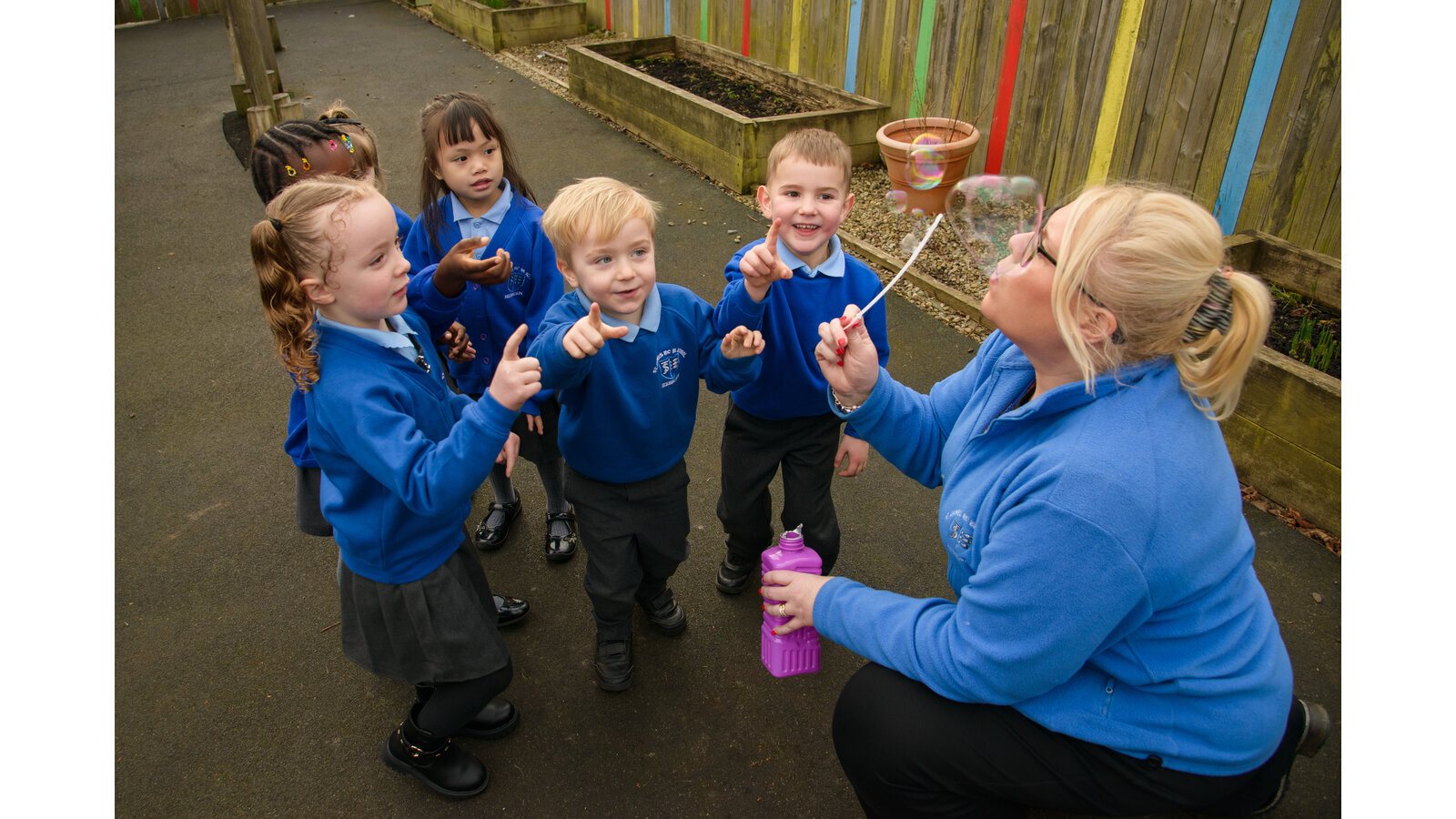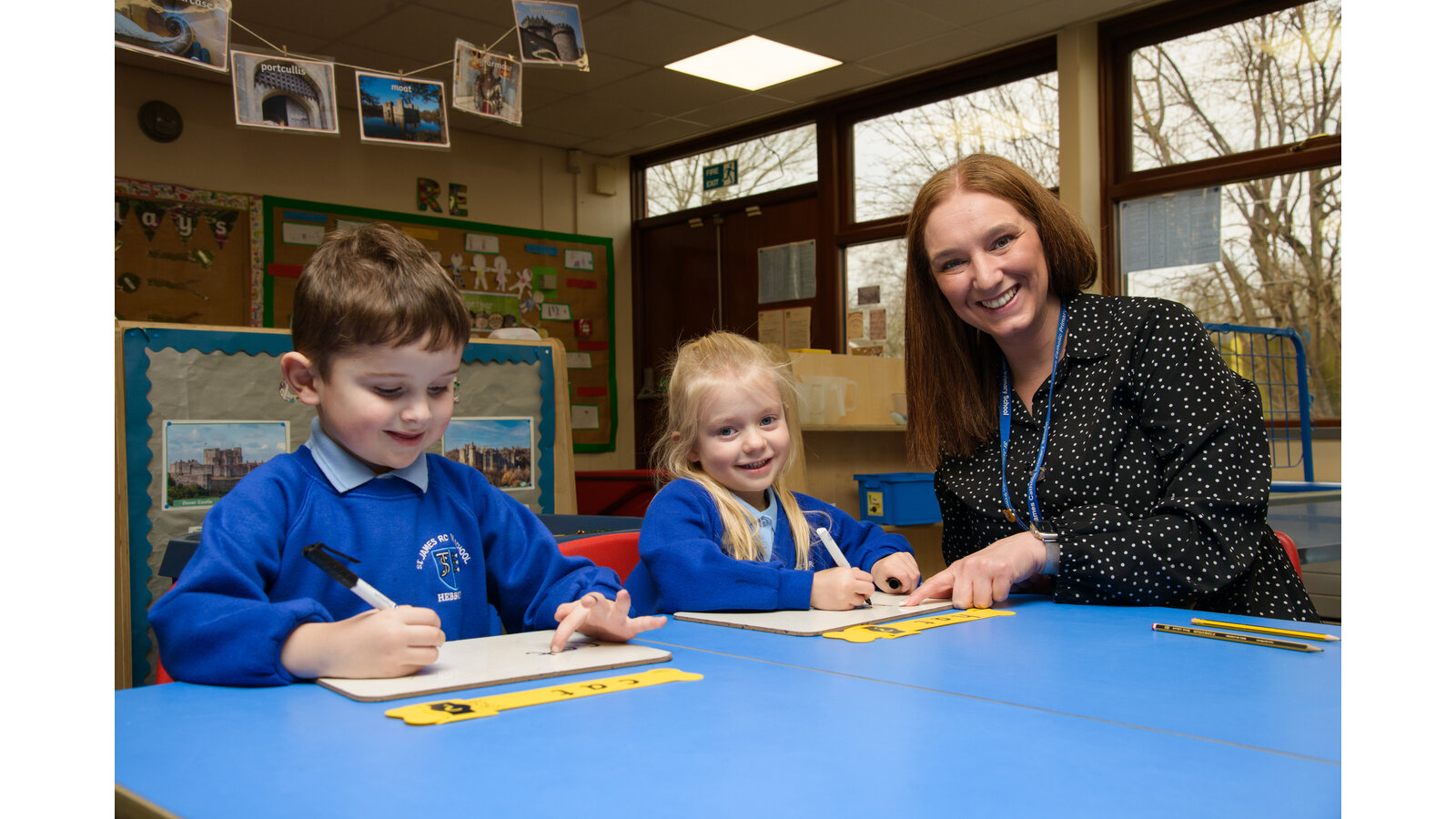Getting Your Child Ready for Starting Primary School
Starting primary school is a big step for children. It’s an exciting time, filled with new friends, new routines and new opportunities to learn. However, it can also feel a little daunting for both parents and children. The good news is that there’s lots you can do to help your child feel confident, independent and ready to learn. Here’s a parent-friendly guide (based on official NHS and UK Government sources) to help you along the way.
What does “school-ready” mean?
When we talk about children being “school ready” we mean that they have the skills needed to help them thrive in school, rather than simply being able to count to 10 or recite the alphabet.
For example, can they:
- Separate from their parents/carers without getting upset?
- Use the toilet independently?
- Eat with a knife and fork?
- Put on their own coat and shoes?
- Express their own feelings and needs?
- Listen to others and join in with conversations?
- Follow instructions?
- Take turns and share?
- Bounce back after difficulties and try again, if they don’t get things right first time?
How can you help at home?
Develop Independence
- Encouraging them to dress/undress themselves and practise putting on their own coat. Watch the ‘coat flip trick’ for a fun and easy way to help children put on their own coat: How to put on your coat
- Encourage them to use a knife and fork at mealtimes.
- Encourage them to become more independent when using the toilet and promote good personal hygiene by asking them to washing hands afterwards.
- Develop good routines at home, such as getting up early, eating breakfast, getting washed and dressed, just like you would on a morning before going to school.
- Providing opportunities for your child to be away from you for short periods of time. For example, by going to nursery or staying with a family member.
Develop Social and Emotional Skills
- Talk with your child about how they feel: excited, nervous, curious—and reassure that these feelings are normal. At school we read books such as ‘The Colour Monster goes to School’ to help children to understand the different feelings that they may go through during the school day. You can watch a video of this story here:The colour monster
- Provide opportunities for your child to mix with other children, for example in nursery, play groups, parks or at home. Encouraging them to share and take turns.
- Practise listening to and following simple instructions, such as “tidy up your toys then put your coat on”.
Develop Communication & Language Skills
- Engage in lots of conversations with your child, introducing them to new words whenever possible, for example during mealtimes, when playing together, when going on journeys together or when you have been apart from one another. Listen carefully to their responses and support their language development by expanding on what they say. For example, if they say, “going to park”, you could reply, “yes we are going to the park today.” “I wonder if we should walk or get the number 10 bus?” (Development Matters 2020)
- Read together, encouraging your child to talk about the story characters, setting and events. Explain any unfamiliar words in stories to help build their vocabulary and encourage children to join in with any repeated words or phrases. Ask simple ‘who?’ ‘what?’ and ‘where?’ questions about illustrations or following a story to develop their recall skills and ability to engage in extended conversations.
- Offer your child lots of interesting things to investigate, encouraging them to be curious, ask questions, share ideas of their own and engage in conversations. For example, you could crack an egg together and explore what is inside. Cook the egg and talk about how it has changed during the cooking process.
- Encourage your child to ask for help when needed, modelling language such as “I’m unsure”, “Can you help me please?”
Support Physical Development
- Develop a good and consistent bedtime routine.
- Offer lots of opportunities to engage in physical play, such as going to the park, visiting soft plays, playing on bikes or scooters and walking short journeys together.
Support a Smooth Transition
To support your child’s transition into primary school you can:
- Attend our school open day together. This will help your child to become familiar with the school building, staff, and classroom environments.
- Arrange a home visit with the early years team. This will help both you and your child to build positive relationships with staff in a safe and familiar environment before school starts.
- If you have any concerns about your child’s development, share these as soon as possible, so early support can be offered.
- Read books together about starting school and talk about what school will be like. For example, meeting friends, playing, learning, asking questions. Reassure them (and yourself) that it’s okay to feel a bit nervous.
- Use positive language: focus on the fun parts of starting school such as making new friends and learning new things.
- Offer opportunities for your child to try on their school uniform.
- Label items such as their coat, jumper and cardigan, to help them identify their own items in school.
- Reassure your child that you will come back to collect them when school is over.
- In conclusion getting your child ready for primary school is about building their self-esteem, independence, communication, and familiarity with routine, so that when they start school they are ready to learn, play and grow. With your support, they’ll be ready to take this next step.
For further information on how to support your child for school readiness, visit Get ready for school


